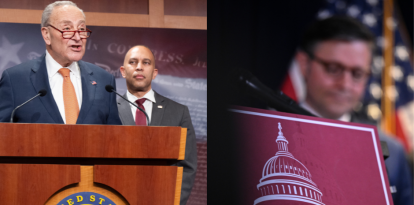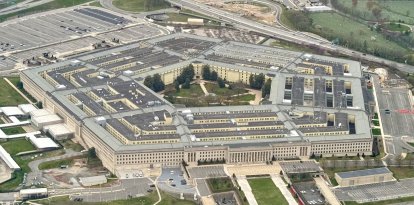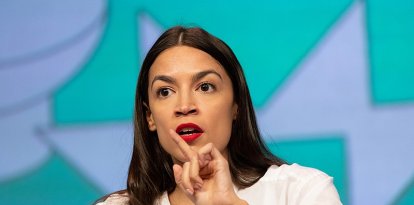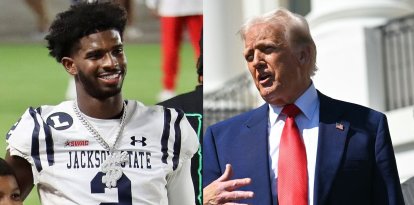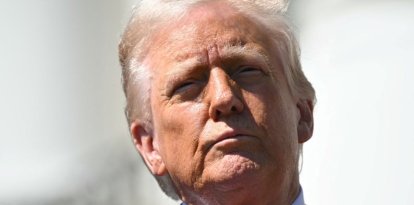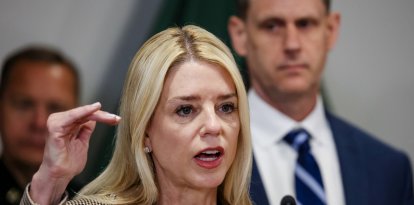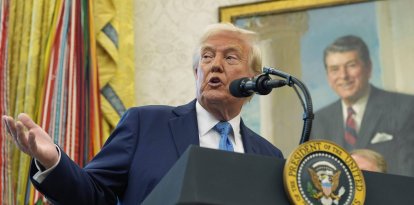A New York judge imposes a gag order on Trump in the criminal trial led by prosecutor Bragg
Steven Cheung, spokesman for the former president's campaign, denounced that the judge's decision is unconstitutional because it violates First Amendment rights.
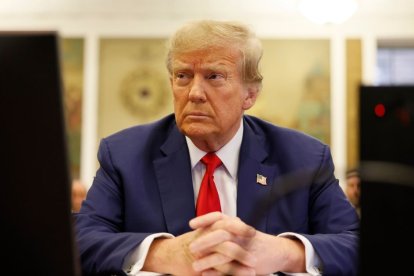
Donald Trump (Pool/Sipa USA / Cordon Press)
Donald Trump faces a new gag order that restricts him from making public statements about the judicial process related to alleged payments to porn actress and former Playboy model Karen McDougal.
On Tuesday, New York Judge Juan Merchán agreed to the request of Manhattan District Attorney Alvin Bragg and prohibited Trump from issuing statements about witnesses, prosecutors, jurors, court personnel or relatives of personnel involved in the trial. Likewise, he also banned the former president from ordering others to make public statements about the people involved in the case.
The magistrate argued that his order was based on Trump’s “prior extrajudicial statements,” which, according to the judge, were “threatening, inflammatory and denigrating” and could jeopardize the administration of justice.
An “unconstitutional” order
Trump campaign spokesman Steven Cheung explained to Fox News Digital that the gag order is “unconstitutional” because it violates First Amendment rights.
“Judge Merchan’s unconstitutional Gag Order prevents President Trump—the leading candidate for President of the United States—from engaging in core political speech, which is entitled to the highest level of protection under the First Amendment,” he said. “Worst of all, the gag order violates the civil rights of over 100 million Americans who follow President Trump and have a First Amendment right to receive and listen to his speech,” he added.
Cheung also insisted that this accusation arose as a “politically motivated attempt to derail” the former president’s candidacy.
The case
In this case, Trump faces 34 counts of falsifying business records in the first degree. The prosecutor alleges that the former president falsified business records to conceal “criminal conduct” during the 2016 presidential campaign, specifically related to payments to cover up alleged marital infidelities. Trump denied all charges.
It is important to recall that, in 2019, federal prosecutors in the Southern District of New York chose not to charge the former president for payments made to Daniels and McDougal, and that the Federal Election Commission closed its investigation into the matter in 2021. However, Bragg insists on moving forward with the process.
RECOMMENDATION
